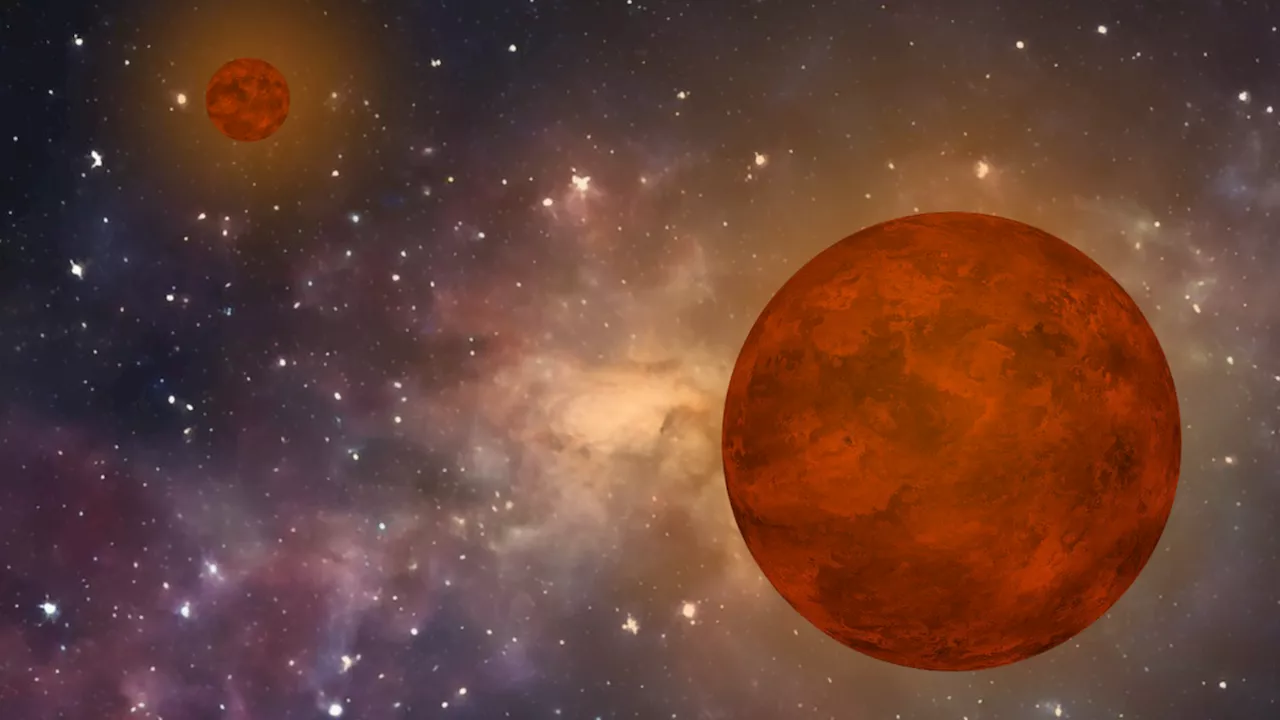Robert Lea is a science journalist in the U.K. whose articles have been published in Physics World, New Scientist, Astronomy Magazine, All About Space, Newsweek and ZME Science. He also writes about science communication for Elsevier and the European Journal of Physics. Rob holds a bachelor of science degree in physics and astronomy from the U.K.
You have got to feel for brown dwarfs. Not only has their failure to ignite like normal stars earned them an unfortunate nickname — failed stars — but new findings from the Hubble Space Telescope have revealed they can't even hold a relationship together., develop overly dense patches that collapse. Unlike your regular old star, however, a brown dwarf can't quite gather enough material from the remains of that cloud to pile on enough mass and kickstart thein its core.
In a way but this makes brown dwarfs a bit like the cosmic equivalent of the distracted boyfriend meme. You know the one. Hubble allows astronomers to detect binaries with components that sit as close as 298 million miles from one another. This is equivalent to around three times the. The researchers then narrowed this sample down until they obtained some of the coldest and lowest mass failed stars in the relative vicinity of the, which has a temperature of around minus 166 degrees Fahrenheit .
Scientists theorized that the lack of observed binary brown dwarfs suggested that they struggle to stay gravitationally bound over long periods of time. This new Hubble find adds further support to this concept.
United States Latest News, United States Headlines
Similar News:You can also read news stories similar to this one that we have collected from other news sources.
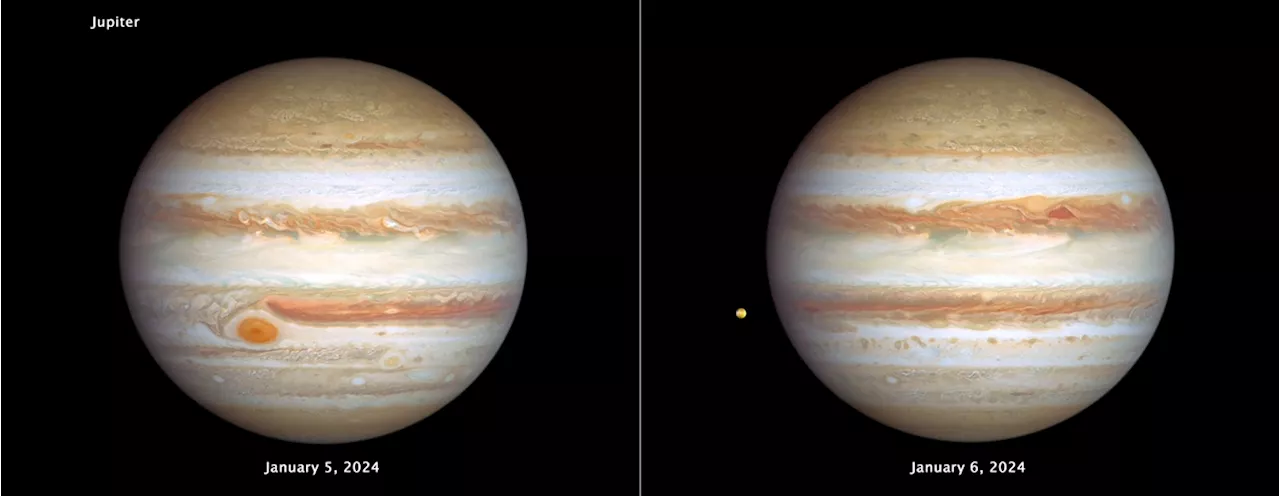 Hubble Space Telescope Captures Stunning Images of Jupiter's Stormy AtmosphereSpace and astronomy news
Hubble Space Telescope Captures Stunning Images of Jupiter's Stormy AtmosphereSpace and astronomy news
Read more »
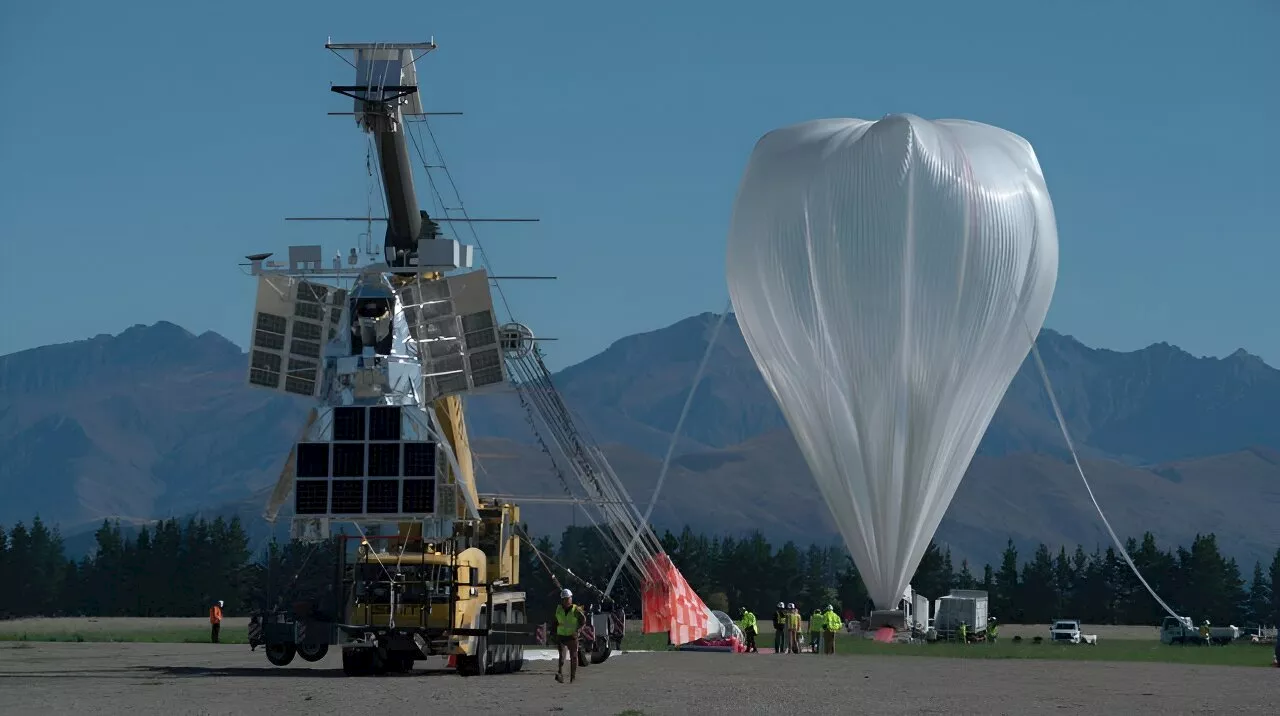 How a balloon-borne experiment can do the job of the Hubble space telescopeAn astronomical telescope designed to complement the aging Hubble Space Telescope lifted off from New Zealand's south island on April 16 2023. But as a sphere the size of a football stadium rose silently and slowly over the Tauhinukorokio mountains, calls started coming in from residents.
How a balloon-borne experiment can do the job of the Hubble space telescopeAn astronomical telescope designed to complement the aging Hubble Space Telescope lifted off from New Zealand's south island on April 16 2023. But as a sphere the size of a football stadium rose silently and slowly over the Tauhinukorokio mountains, calls started coming in from residents.
Read more »
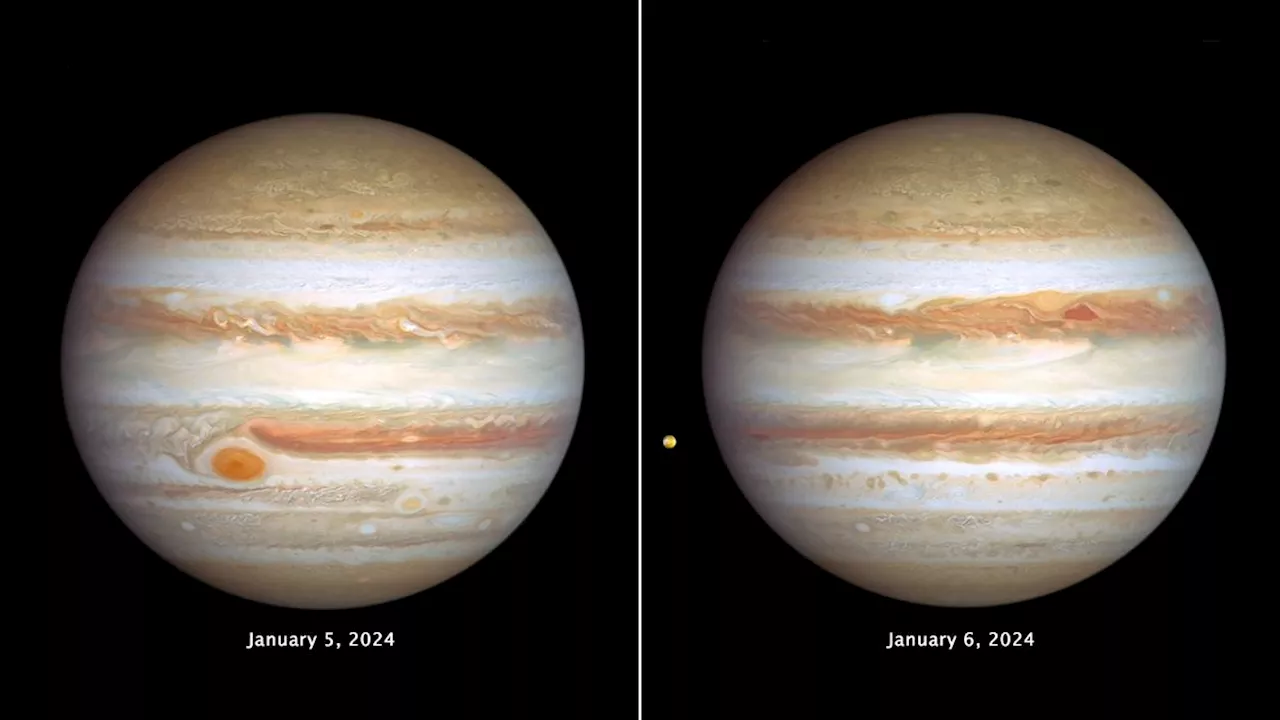 Hubble Telescope spies stormy weather and a shrinking Great Red Spot on Jupiter (video)Keith Cooper is a freelance science journalist and editor in the United Kingdom, and has a degree in physics and astrophysics from the University of Manchester.
Hubble Telescope spies stormy weather and a shrinking Great Red Spot on Jupiter (video)Keith Cooper is a freelance science journalist and editor in the United Kingdom, and has a degree in physics and astrophysics from the University of Manchester.
Read more »
 NASA releases Hubble image of galaxy under pressureThe National Aeronautics and Space Administration released an image captured by the Hubble Space Telescope showing a galaxy under pressure.
NASA releases Hubble image of galaxy under pressureThe National Aeronautics and Space Administration released an image captured by the Hubble Space Telescope showing a galaxy under pressure.
Read more »
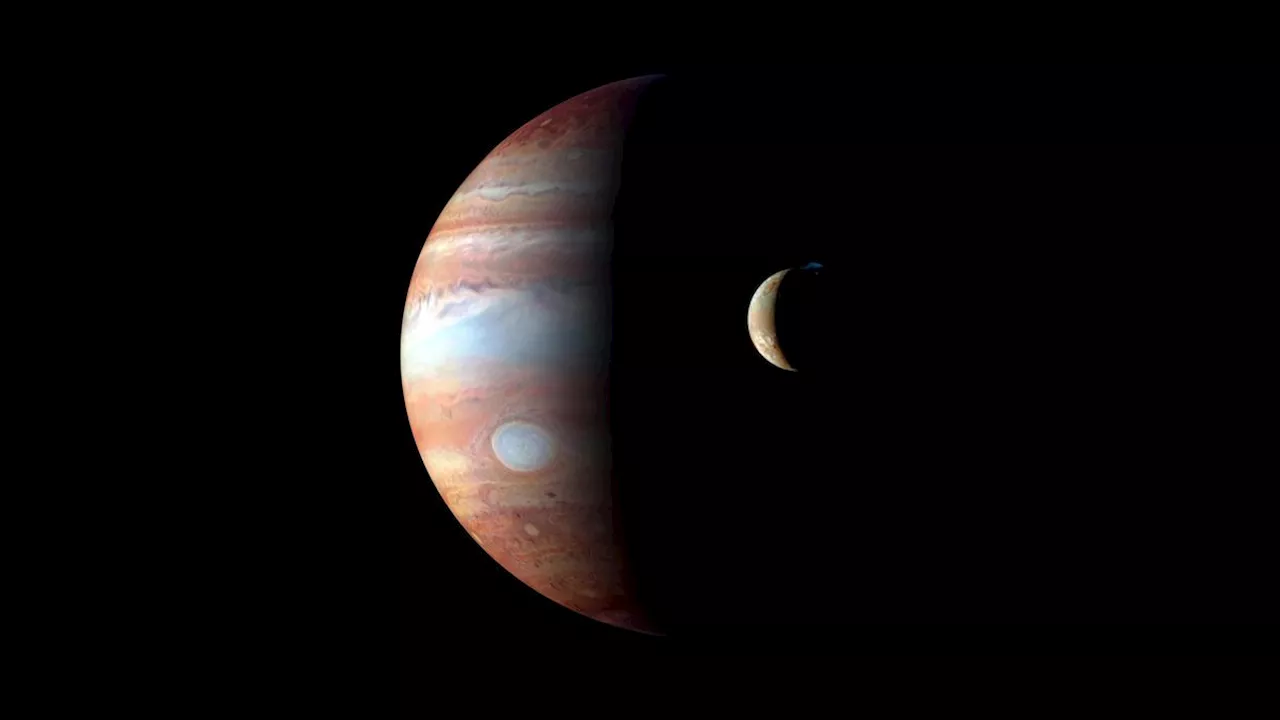 The James Webb Space Telescope is digging deep into the mysteries of gas planetsMonisha Ravisetti is Space.com's Astronomy Editor. She covers black holes, star explosions, gravitational waves, exoplanet discoveries and other enigmas hidden across the fabric of space and time. Previously, she was a science writer at CNET, and before that, reported for The Academic Times.
The James Webb Space Telescope is digging deep into the mysteries of gas planetsMonisha Ravisetti is Space.com's Astronomy Editor. She covers black holes, star explosions, gravitational waves, exoplanet discoveries and other enigmas hidden across the fabric of space and time. Previously, she was a science writer at CNET, and before that, reported for The Academic Times.
Read more »
 Creeping ice clouding vision of Europe space telescope EuclidScientists are trying to melt a thin layer of ice that is increasingly clouding the vision of the 'dark universe detective' space telescope Euclid, the European Space Agency said on Tuesday.
Creeping ice clouding vision of Europe space telescope EuclidScientists are trying to melt a thin layer of ice that is increasingly clouding the vision of the 'dark universe detective' space telescope Euclid, the European Space Agency said on Tuesday.
Read more »
